Spotlight on the life of a Service Operator for Halliburton
This article shines a spotlight on the life of a service operator for Halliburton. Charles Chinagorom Onyebuenyi has a degree in chemical and petrochemical engineering and experience working in the oil and gas industry. Charles’ current role is a Service Operator for coiled tubing, and he is based in Nigeria. In this article he shares his experience and gives advice for engineers starting in the field.
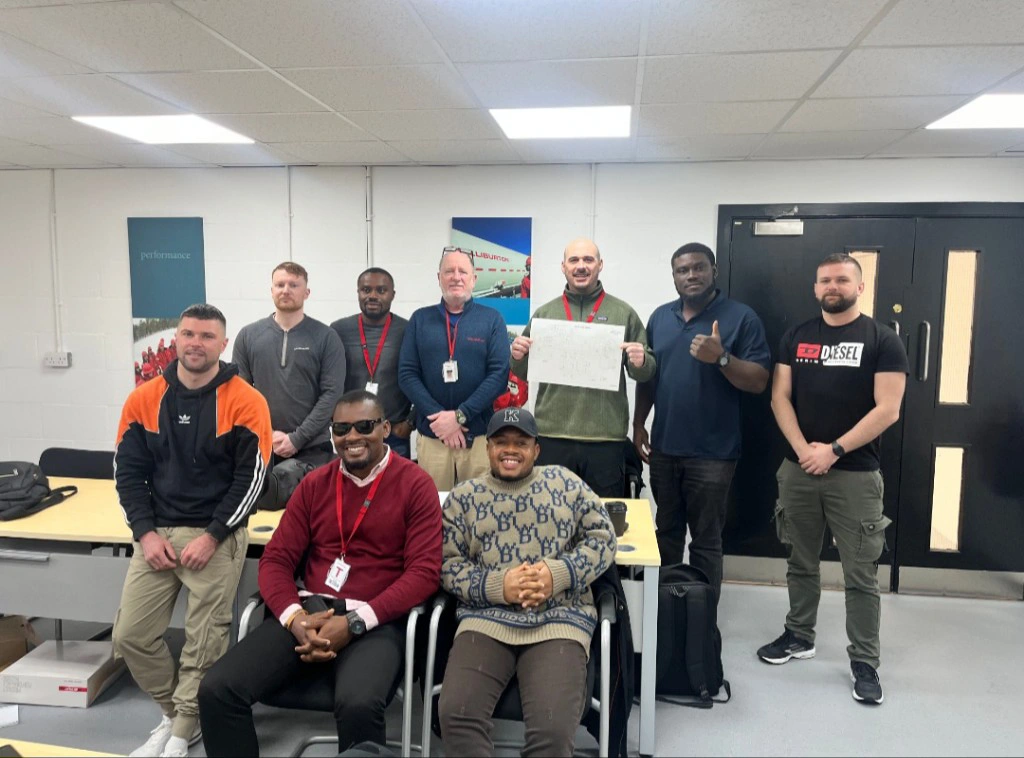

Advice on a working life in oil and gas
Background
Were you interested in how things work, science, and engineering when you were a child?
Science and how things work always fascinated me while I was growing up as a child. I was always asking questions and also destroying my toys to build them back just to satisfy my curiosity. I’m still eager to learn and find out about new things – this has always been my thing. So, science has been a fundamental part of my interests in life.
Was there anyone in your family or at school who guided you towards engineering?
Yes, a friend of my cousin. I had an interest in studying medicine because of how curious I was to know everything and how everything works. So, there was then a discussion of how medicine is expensive. At the time, I was running from and trying to avoid mathematics not knowing I would eventually fall in love with something I had avoided all my life. So, eventually I switched to engineering as advised and it turned out fine.
Has there been a particular person who has inspired you at university or at work?
Yes, Uzoma Amaji inspires me because he leads by example, demonstrates integrity, and empowers others to reach their full potential.
Why did you choose chemical engineering rather than a different type of engineering?
I chose chemical engineering because it requires analytical thinking and problem-solving skills which aligns well with my interests and strengths.
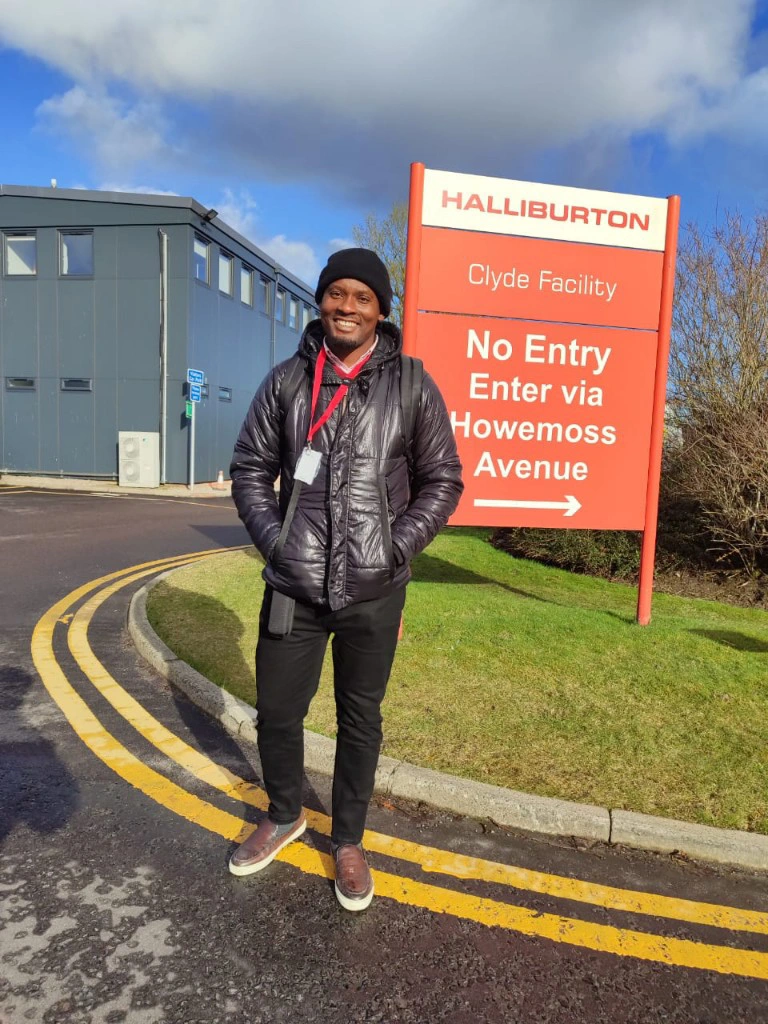

Service operator roles in oil and gas for Halliburton
You have worked as a Pumping Specialist for fractured acid and sand control. Can you explain what this role involved?
While working as a Pumping Specialist for fractured acid and sand control my role involved equipment selection to choose the right pumps such as high-pressure pumps like (HQ 2000) “Grizzly”, and “Bearcat,” and blending units to deliver the proppant (treated sand) slurry into the wellbore with precision and efficiency. I also oversaw all the pumping processes, ensuring the proppant was injected into the information at the optimal pressure and rates, monitored real time parameters like rates and pressures. Then I produced detailed reports documenting the job parameters and ensured continuous improvement is done after the job is completed.
What key skills did you develop as a Pumping Specialist for Halliburton?
I developed expertise in acid stimulation and sand control methods. This involves operating specialised pumping equipment, understanding downhole conditions and effective wellbore treatments. Also, problem solving and communication to coordinate operations.
You moved to working as a Coiled Tubing (CT) Service Operator for Halliburton. Can you explain what this role involves?
It involves deploying and operating coil tubing units to perform various well intervention jobs in the oil and gas industry. This includes acid stimulation, well cleanouts, milling, N2 lift and logging operations. I am also responsible for maintaining my equipment, executing procedures safely and collaborating with my team to ensure the job is safely done.
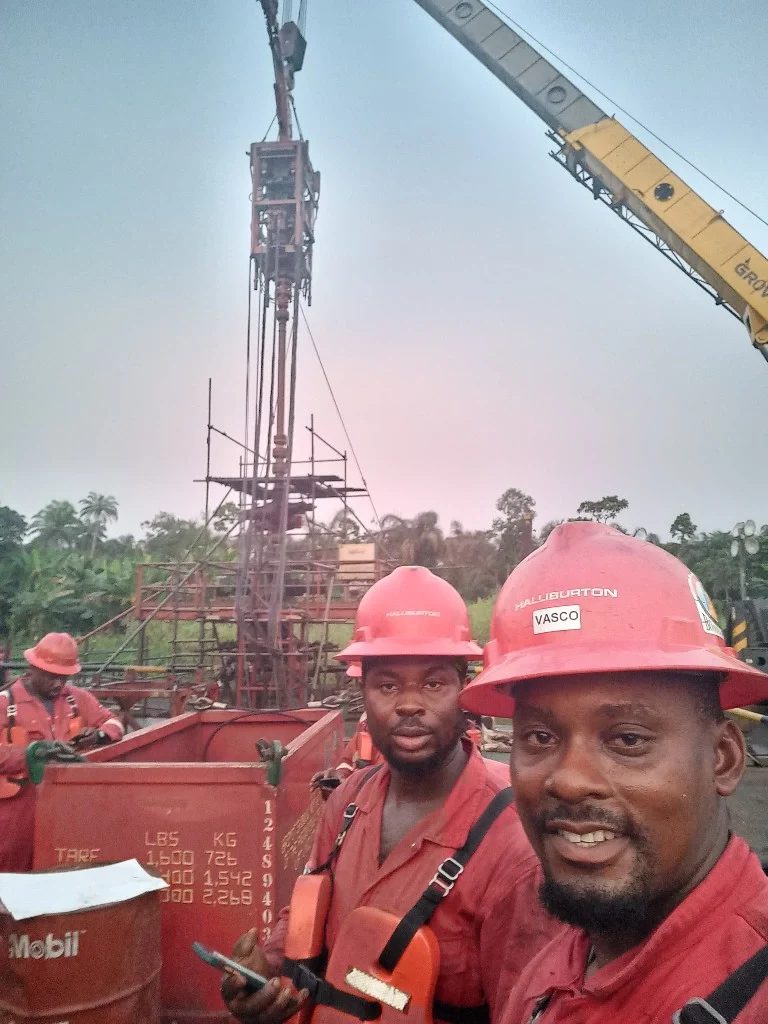

Typical week working as a service operator for Halliburton
What’s your typical week like when you are offshore or on site?
Offshore work can be physically demanding and requires strict adherence to safety due to the hazardous and remote environment. We have accommodation on the offshore platform after our shifts are completed.
What is your typical week like when you are preparing to go offshore or on site for Halliburton?
A typical week when preparing to go offshore is thorough. It involves reviewing the project and ensuring everything is in place for a smooth move to offshore. Before the move, we have pre job meetings which cover the scope of the job, equipment readiness and all paperwork to be documented. We also ensure all certifications of the personnel involved in the move offshore are up to date.
Do you have to be on call at night or weekends during this time?
Not really, but it depends on the job roles because some roles require being on call at night and weekends if feasible especially for critical operations and emergencies.
How big is the team when you are working? Who are the members of the team?
We usually have a crew of eighteen people (pumping and CT crew) if it is a 24-hour operation and nine people for a 12-hour operation. The crews involved include a CT supervisor, Pumping supervisor, CT operator, Pump operator, CT assistants, Batch mixer operator, pump assistants and N2 (nitrogen) operators.
Most challenging part of the job as a Service Operator for Halliburton
What do you find most challenging when you are working – technical side, other people, or logistics?
What I find most challenging is managing the high pressure/temperature environment in well intervention operations. You have to ensure all safety protocols are followed rigorously, (all wells are treated with the same safety protocols,) this is important due to the inherent risk associated with well intervention. Maintaining communication and coordination with the team is key. In all, it requires technical expertise, physical endurance and also the ability to remain calm under pressure.
What has been your most challenging job so far?
I think it depends on individual experience and circumstances. Mine would be working in harsh environments, equipment failures during critical operations, and ensuring the safety of the team while all this is going on. Also staying away from home for long periods with long working hours. In addition, the physical demanding nature of the job. In summary the challenge is staying focused which is key to enable the team to overcome the challenges.
Is your role at Halliburton ever uncomfortable because of heat, cramped spaces, bad lighting etc? As a Service Operator, what are your tips for managing this?
To manage such situations:
Stay hydrated always to overcome the heat.
Do the works in sections and also take breaks to avoid straining yourself and your eyes.
What are your tips for managing to work well when the conditions are stressful, and the shifts are long? How do you keep a team spirit going?
Always keep constant communication with the team and appreciate one another’s efforts. As well, don’t be too rigid, and keep an open channel that will make your team express themselves and share ideas.
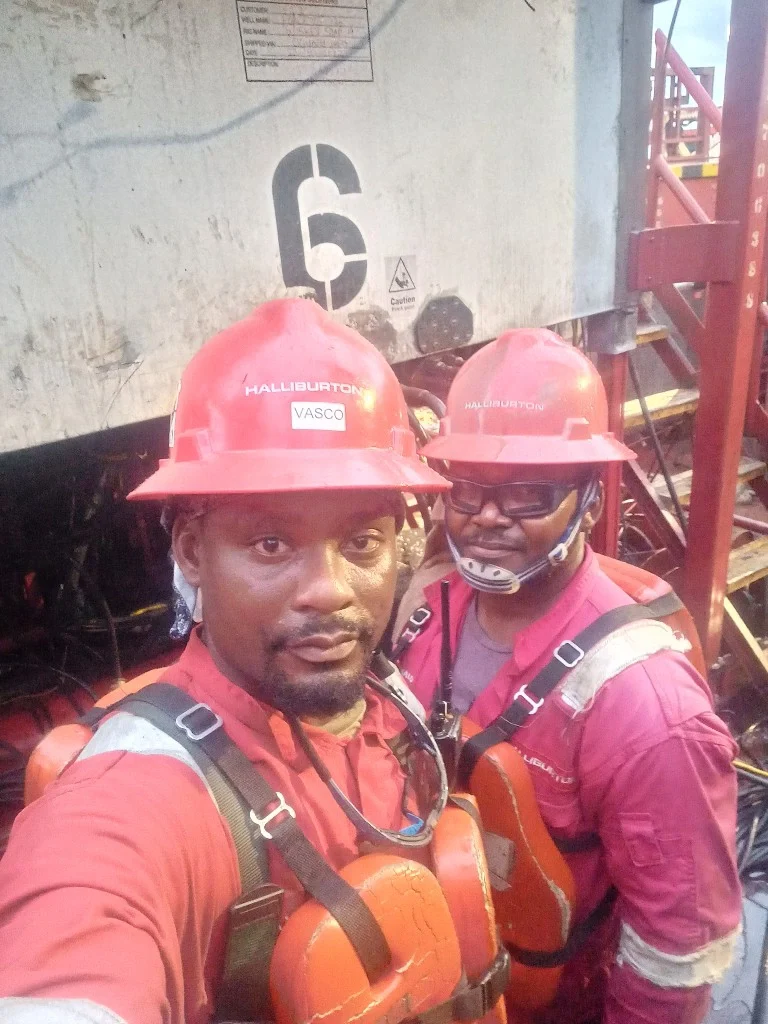

Advice for new field engineers
What advice would you give to new engineers working in pumping or coiled tubing:
In their first week?
Learn the basics of coil tubing and pumping, familiarise yourself with the equipment. Also ask questions and observe experienced colleagues to know how things work and flow.
In their first month?
Start participating in everything but under supervision. Take notes of how far you’ve gone and also areas that need improvement. Always ask for feedback to know your performance so far.
In their first year?
Take on responsibilities, training courses to broaden your practical knowledge, build strong relationship within the team to build collaboration.
Apart from a strong technical background, what are the three most important soft skills to have?
Communication, ability to adapt quickly, and problem-solving skills.
Making a winner
What are the qualities needed for an engineer to work in another country or in an international team?
Understanding cultural differences and respecting them, as well as flexibility and being a team player.
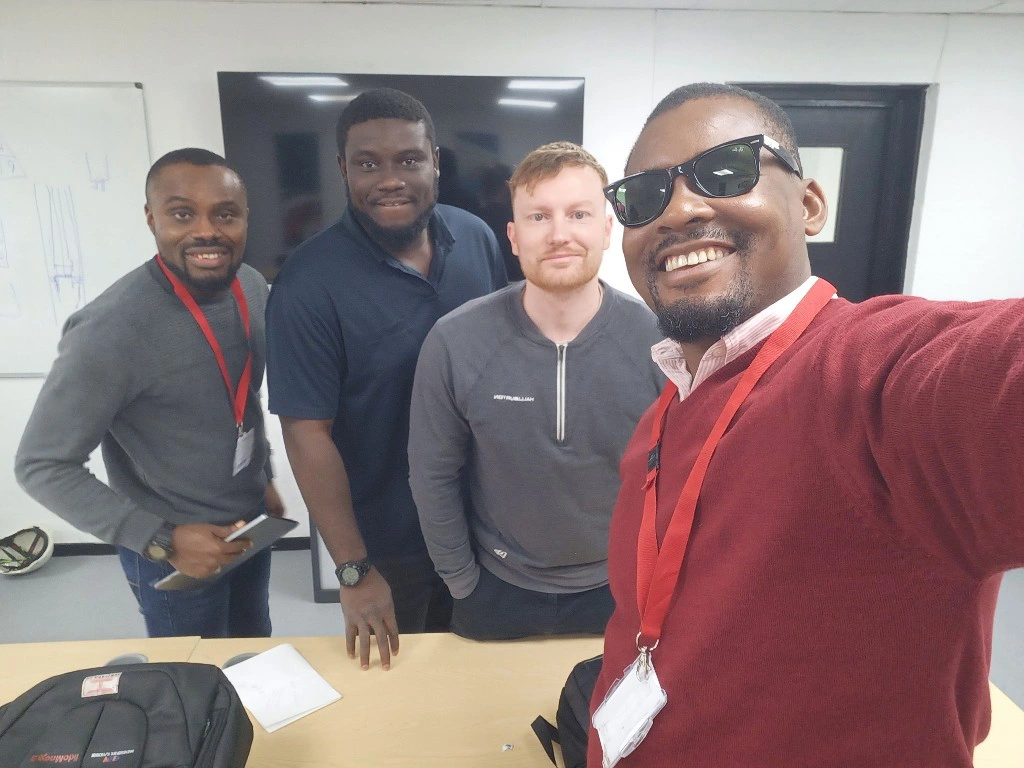



Responses